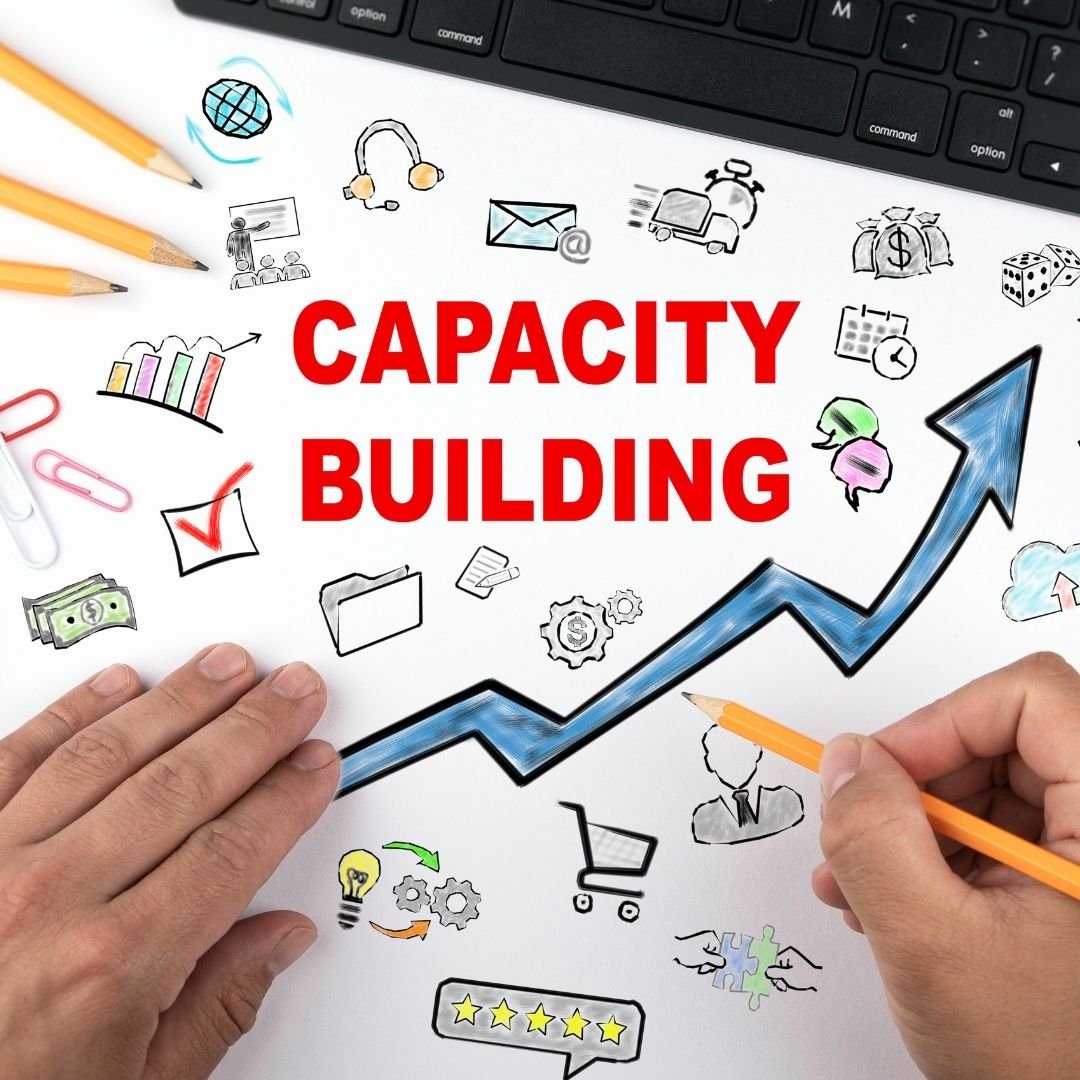Executive Training
The Main Aim of
The Main Aim Of Executive Training
The main aim of executive training is to improve the abilities and efficacy of the senior management of the company. It is an increasingly dynamic and strategic approach used to propel the overall effectiveness of leaders in an organization.
Leaders play a very important role in the success of a company. Executive training goes beyond traditional training that focuses on large-scale improvement. It strives hard to refine the skills of leaders, encourage creative thinking, and provide them with the resources required to negotiate in the intricate business world. The executive training aims to customize programs that are faced by executives. They include communication, strategic decision-making, and strategic leadership. This enhances leadership skills, boosts organizational performance, and fosters continuous improvement encompassing academic knowledge and practical issues in an organization.
Inside and External Resources to Help Drive Your Business
Duration
6 Months
Case Studies
15 +
Training Mode
Online
Executive Training

1. Mastering Leadership and Management
Mastering Leadership and Management
- Self awareness
- Leadership styles and approaches
- Emotional intelligence
Strategic Management
- Leading with strategic analysis
- Strategic planning and aigning it with execution
- Decision making at the senior level
- Change management for senior leaders
Leading High-Performance Teams
- Team dynamics and collaboration
- Talent development and succession planning
- Coaching and mentoring at the senior level
- Fostering a culture of integrity
Communication and Stakeholder Management
- Effective communication strategies
- Fierce communications
- Handling feedback
- Emotionally intelligent conversations
- Stakeholder engagement and relationship management
Performance Measurement and Accountability
- Decisions in crisis
- Key performance Indicators (KPI)s for senior leaders
Accountability and Responsibility
Personal Change and Leadership
- Leading with integrity
- Aligning personal self with leadership goal

2. Complex Problem Solving
- Understanding complexity in problem solving
- Importance of systems thinking in problem solving
- Recognizing and framing problems
- Creativity in problem solving
- Application of design thinking
- Decision making in complex environments
- Collaborative problem solving
- Implementation and evaluation

3. Mastering Effective Management
- What is effective management?
- Mapping leadership strategies to organizational objectives
- Creating an action plan towards a compelling vision
- Building and mentoring high-performance teams
- Relationship management and stakeholder engagement
- Performance measurement and accountability
- Developmental at a personal level

4. The Art of Effective Time Management
- Understanding the Importance of time
- Conducting a time audit
- Importance of prioritization
- Aligning time allocation to priorities
- Importance of delegation and team empowerment
- Use of technology and meeting management
- Stress management and personal work life balance
- Creating a customized time management plan

5. Teamwork and Engagement
- Characteristics of high performance teams
- Enhancing communication and collaboration
- Positive team dynamics
- Keeping teams engaged and motivated
- Leading and empowering effective teams
- Employee wellbeing and work life balance
- Action plans for continuous improvement

6. Servant Leadership
- Foundation of servant leadership
- Role of empathy in leadership
- Modelling servant leadership
- Creating a culture of accountability
- Power of employee empowerment
- Collaborative decision making
- Creating a compelling vision

7. Women Leaders
- Sharing a supportive stage
- Leadership styles and strategies
- Embracing an authentic leadership style
- Developing resilience and confidence
- Navigating challenges faced by women leaders
- Ensuring a bias free supportive workplace culture
- Case studies

8. Inspiring Value Based Leadership
- Value based inspirational leadership
- Importance of ethics and integrity
- Creating a value driven team culture
- The importance of embedding values in an organization
- Sustaining a value based organization
- Art of story telling in leadership

9. Establishing Happiness at the Workplace
- Foundation for employee happiness
- Employee well being and Its relationship to happiness
- Creating a positive work culture
- Recognition and Its impact on employee happiness
- Relationship between flexibility, communication and collaboration
- Sustaining employee happiness
- Impact of happiness on production and retention

10. Succession Planning
- Why is succession planning important?
- Identifying leadership roles and competencies
- Mapping high potential employees to talent order
- Building a robust talent pipeline
- Tools and techniques for succession planning
- Creating a succession planning framework
- Implementation of the succession plan
- Metrics and kpIs
- Monitoring, evaluating and adapting

11. Prospective Client Communication
- Understanding client communication
- Defining value propositions
- Building trust and credibility
- Establishing credibility and trust
- Challenges in communication
- Enhancing crm strategies
- Navigating high stake conversations

12. Leading Through Competency
- Understanding leadership competencies
- Identifying and assessing competencies
- Developing leadership competencies
- Using competencies to build high performance teams
- Aligning communication and competency
- Integrating decision making With competency
- Competency based conflict resolution strategies

13. Managing and Developing High Network Relationship
- Types of networks
- Understanding high network relationships
- Building a personal leadership brand
- Determining key stakeholders and influencers
- Developing a strategic networking plan
- Nurturing and maintaining successful relationships
- Executive level communication strategies
- Conflict resolution and decision making in high level relationships

14. Trust Based Relationships
- Strategic importance of trust in organizational relationships
- Core principles of building trust and assessing trust breakers
- Building trust in teams
- Communication strategies for trust building
- Trust building and Its relationship with trust
- Creating action plans for trust based relationships

15. Social Compliance
- Social compliance in corporate senior management
- International standards and frameworks for senior management
- Integrating social compliance with leadership practices
- Nurturing a culture of social responsibility
- Ensuring a fair labor practice
- Leaderships Influence on environmental compliance and sustainability
- Ensuring supply chain compliance
- Creating a leadership action plan for social compliance

16. Capacity Building
- Capacity building in a strategic context
- Assessing organizational capacity
- Strategic leadership and capacity building
- Developing a strategic capacity building plan
- Talent development and succession planning
- Building high performance teams
- Leveraging and assessing technology needed for capacity building
- Evaluating and measuring the impact of capacity building

17. Mastering the Art of Management
- Foundations of effective management
- Who is a manager?
- Key management functions (POLC)
- Importance of effective communication
- Leadership in management
- Strategic decision making
- Conflict resolution and team dynamics

18. Leadership for Directors
- Navigating through leadership dynamics
- Aligning leadership with strategy and vision
- Leading through unanticipated change
- Setting a high performance board culture
- Navigating governance and leadership dynamics
- Visionary leadership: setting direction for the organization
- Effective decision making and risk management


